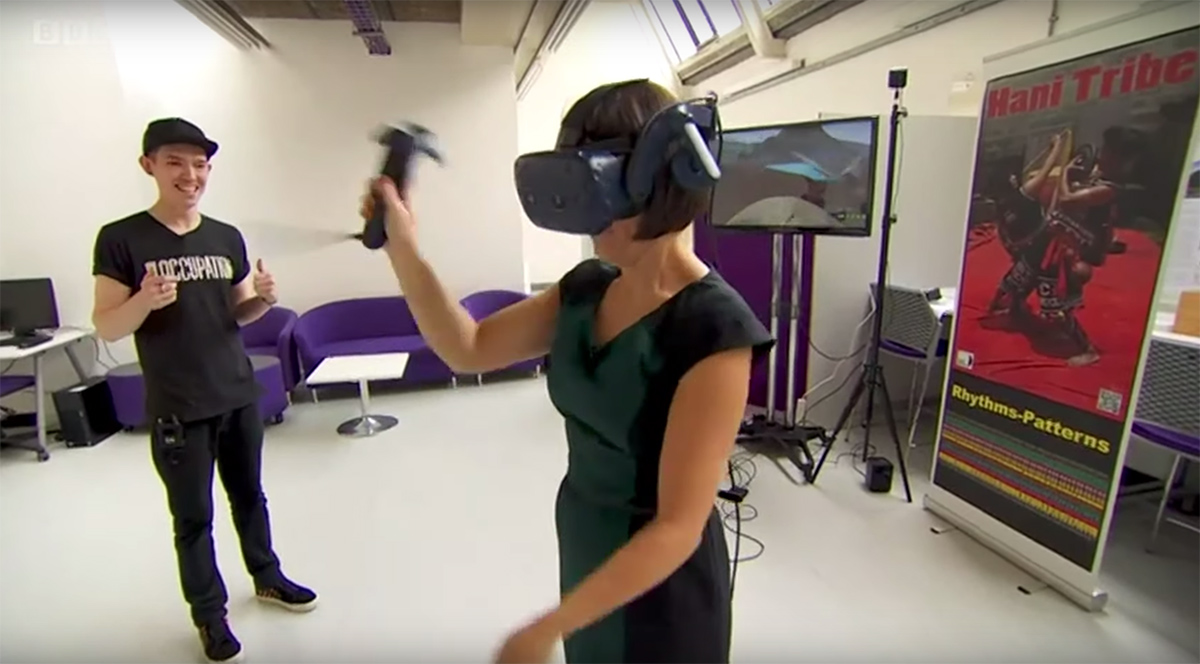Music is a fundamental part of our lives. We use it to celebrate, communicate and practice faith. While we’re all familiar with instruments such as the guitar or saxophone, some are known only to a handful of communities. With the cultural changes accompanying globalisation, the futures of rare instruments are threatened. Musicians, scientists and conservationists are faced with the challenge of ensuring the skills of playing these instruments are preserved for future generations.
The Global Sound Movement (GSM) has teamed up with researchers and game designers at the University of Central Lancashire to preserve rare instruments in the virtual world. By scanning them and making detailed recordings of the sounds they produce, they can be preserved for future generations to enjoy. By recording the instrument in their home environment, the researchers can also capture the reverb and apply this to virtual spaces. Already, the GSM have successfully preserved virtual replicas of over 70 rare instruments, including the Chinese hani drum and Ugandan akadinda.
Read the full story hereBy Michael Pascoe
“Experimenting with the hani drum in virtual space was really eye-opening. Being able to interact with an instrument in so many different ways made it feel as if it was really there in front of me. This technology has great potential for cultural conservation and is also perfect for introducing people to unique instruments of which they’ve never heard.”
Mike is a research student at the Cardiff University. In summer 2019, he undertook a BSA Media Fellowship with BBC Wales, sponsored by the Society for Applied Microbiology. Here, he reports from the British Science Festival at University of Warwick.


